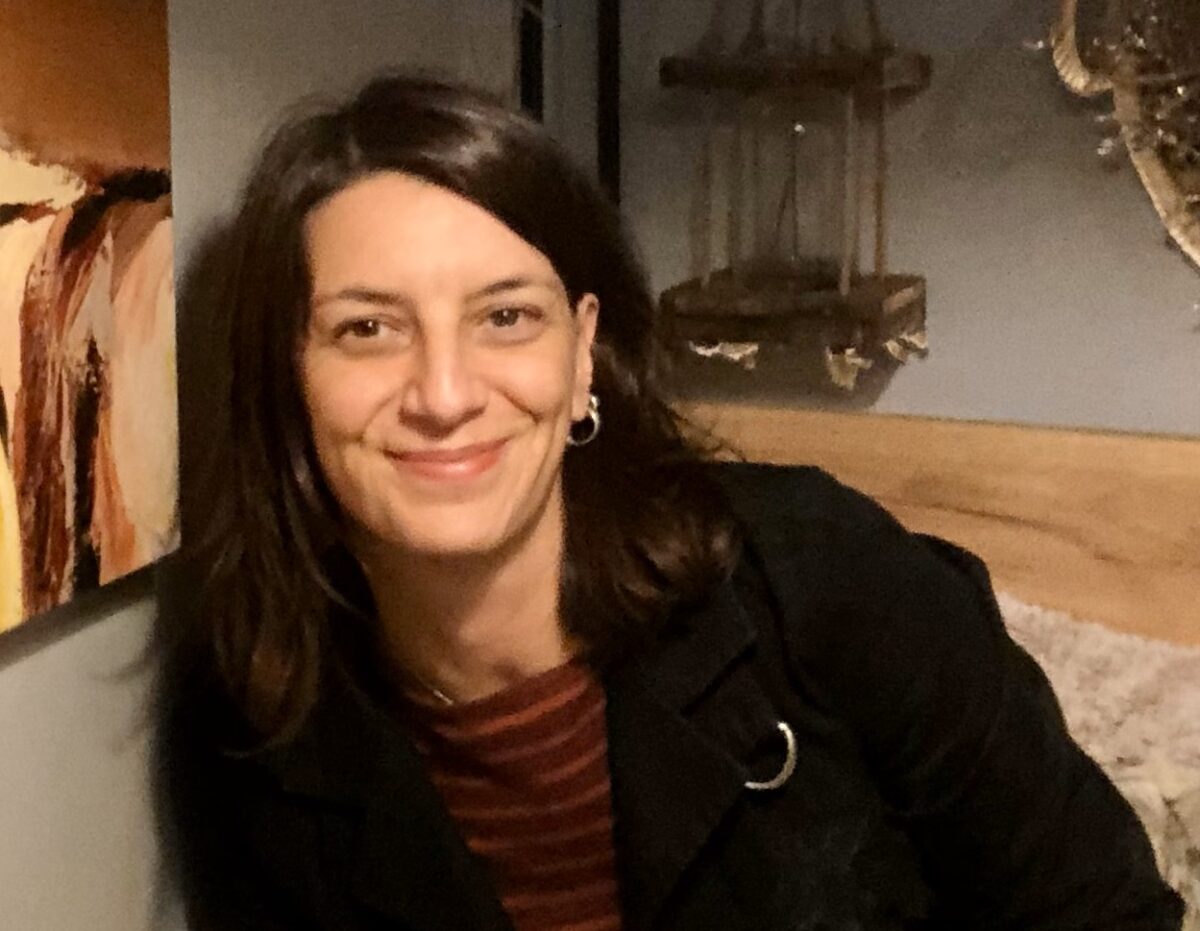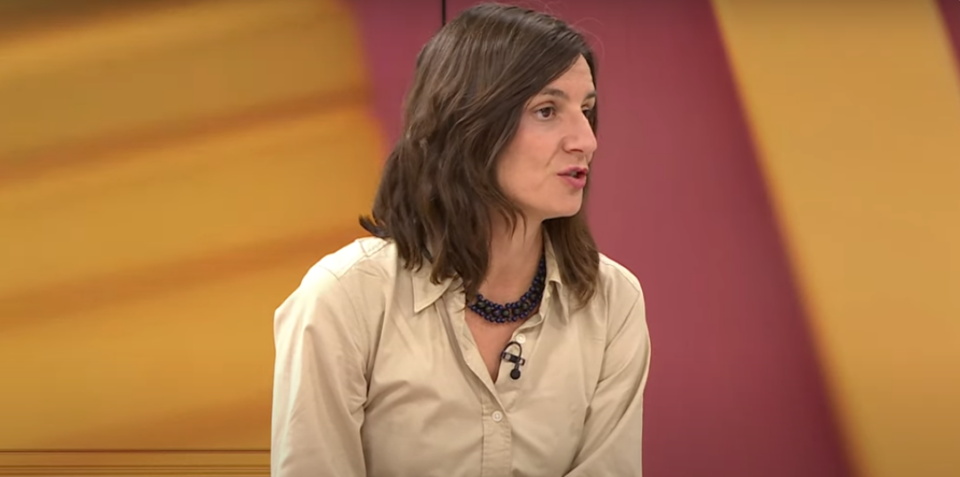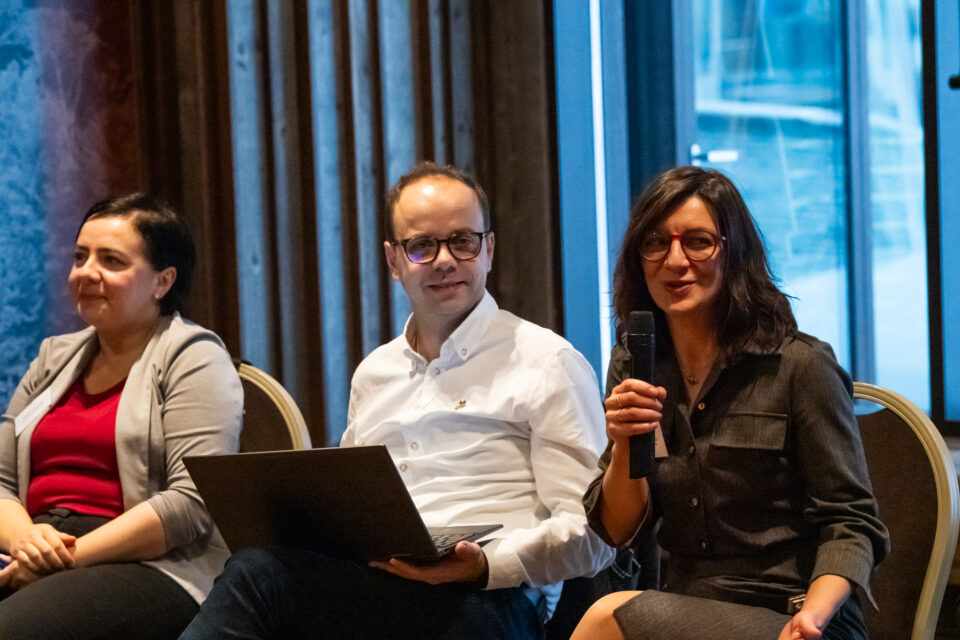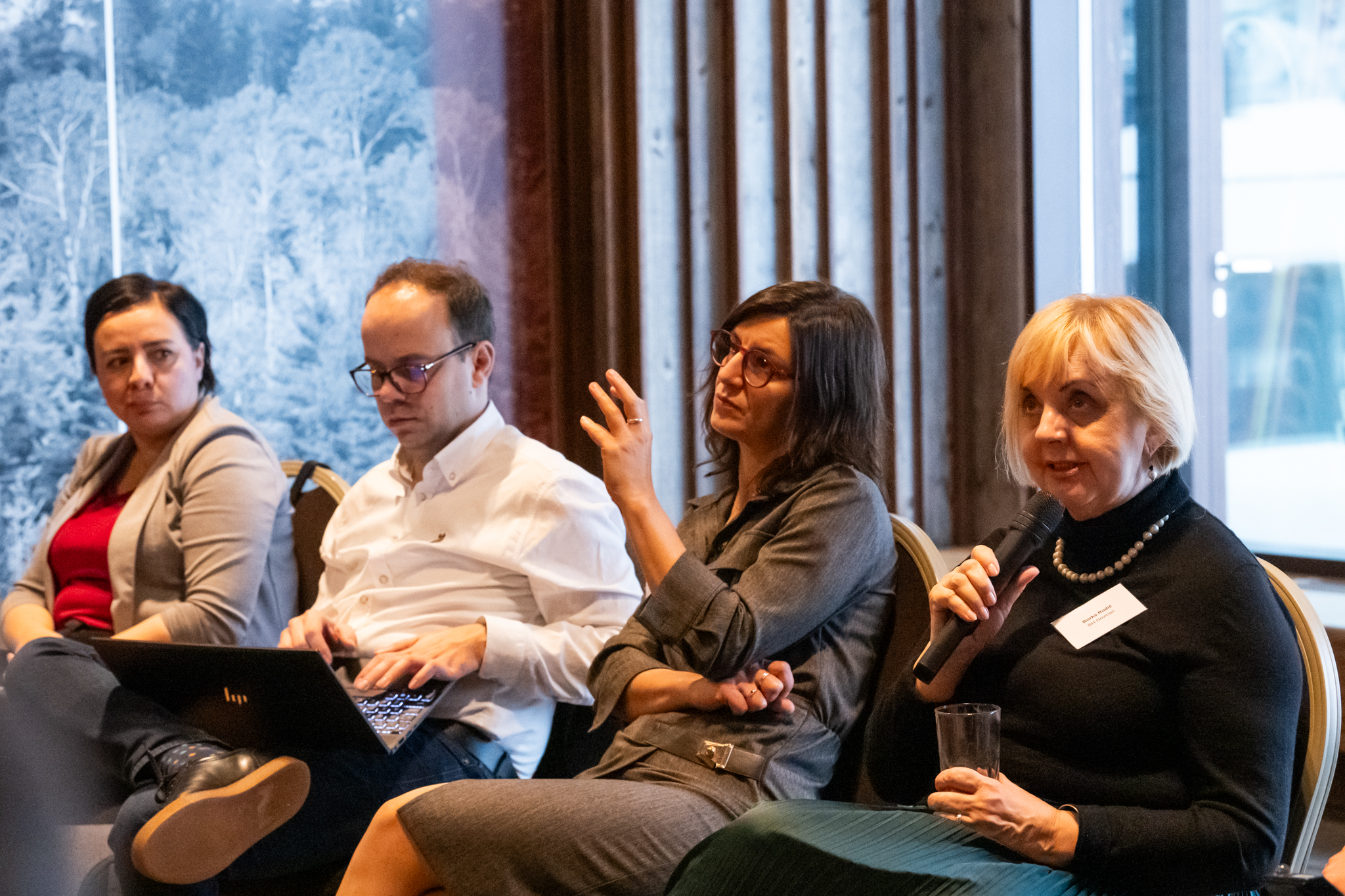Analysis of new laws and fighting for media independence
 Interview by Nikola Gudelj
Interview by Nikola Gudelj
At a time when the media scene in Serbia is facing new challenges and legislative changes, we bring you an exclusive interview with Tamara Filipović Stevanović, Secretary-General of the Independent Association of Journalists of Serbia. Our interviewee takes a detailed look at the impact of the new media laws on media independence and plurality while exploring how these changes are reflected in the country’s media landscape.
What is the current situation regarding media plurality and independence in Serbia like, especially in light of the new media laws?
We’ll see how the set of new media laws will affect that, but I have to note that the previous laws were drawn in the light of creating favourable conditions for all media, meaning transparency of ownership and equal market conditions for all media outlets. That is why we carried out privatization in the previous period. When we passed the laws in 2014, we had 81 state-owned, directly subsidized media. The market conditions were not the same for private media and those which live off state budget and because of that don’t have to think about sustainability. Other media are not in such a position. So we then introduced project co-financing, which aimed to equalize the position of all market players and obtain money for those media that have the best ideas, and the best projects and create media content in the public interest. However, the opposite happened.
We have come to a situation where it is actually the media that have been privatized, that is, most of them were bought with the money that was obtained later in the tenders for those media outlets. We carried out the so-called political party privatization and at the moment, we still have two or three non-privatized media. From 2014 until early November 2023, there was a ban on state ownership, while at the same time, Telekom Serbia formed its media outlets through subsidiaries, and now this is fully legalized by the Law on Public Information and Media and the Law on Electronic Media, because we ownership of the media is now back in the hands of companies that are partially or fully owned by the state and that are involved in electronic communications. This will again create the opportunity for further capturing the media scene, where media pluralism is further restricted and the same content is broadcast on a larger number of channels. This, in turn, jeopardizes media pluralism, which is no longer measured by the ownership structure, but precisely by that variety of content. Unfortunately, this is the only thing that has been reversed in the Law on Public Information, but it could have far-reaching consequences.
 Why do you think that law changed? Telekom had its own TV channels before too and that was presented as a legally regulated matter. What is the problem now?
Why do you think that law changed? Telekom had its own TV channels before too and that was presented as a legally regulated matter. What is the problem now?
It turned out that it wasn’t changed and that this became clear to the authorities too. Journalists and the media community had been pointing out the same things years before. Following the negotiations with the government, the first draft law was even worse than the one that was passed, because it created the possibility for a wide number of companies to get involved and the complete restoration of state ownership in the media through companies that are partially or fully owned by the state. If that particular article of the law were adopted, every local government would be free to establish a company and that company would then go on to form a media outlet because media founders are different types of legal entities. We were told very openly by both the line Minister and the Prime Minister at the meeting that they thought that the amendments to the law should allow Telekom to form media outlets and production companies because when the previous laws were drafted, there was a different perspective of media development and we actually hindered Telekom’s development at that time, because we banned state ownership in the media.
We have created such an atmosphere of impunity at all levels
Do you think that the Regulatory Body for Electronic Media (REM) is controlled by the state and if it is, how is that possible? Does the new law protect the REM more than before?
Even with the previous law, the REM had a lot of good legal opportunities to regulate the electronic media scene in a very good way. However, here in Serbia, the problem is not the law, but its implementation. Also, the problem is that if someone does not implement the law in accordance with the intentions for which it was adopted or does not implement it at all, no one bears the consequences. We have created such an atmosphere of impunity at all levels. We often talk about the impunity of attacks on journalists, but impunity is present in all segments of our society, including in the media, including non-application of media laws. So, previously local governments were obligated to take care of public information. A number of local governments ignored that provision and for years did not launch a single tender for project co-financing of media content that was in the public interest while explaining that they take care of public information in a different way and do not need to conduct tenders.
Even though the former Ministry of Culture and Information gave its opinion that local governments should launch at least one competition for the production of media content in public interest every year, they failed not do so. No one suffered any consequences because of that. Now the Law on Public Information and Media (ZJIM) contains penal provisions if you do not launch a competition and a person responsible for that omission will be penalized. The ZJIM has undergone all these positive changes and yet there is no one to regulate its implementation. It seems that it will remain, yet again, a dead letter. The same goes for the REM. The legal framework is not a problem, but its implementation is. Now, with the new Law on Electronic Media, the responsibility, above all of the REM Council, has been better regulated.
 How can ordinary people recognize the state’s influence on news and other content and in what way is that influence made possible, regardless of whether we are talking about private or state media?
How can ordinary people recognize the state’s influence on news and other content and in what way is that influence made possible, regardless of whether we are talking about private or state media?
It’s difficult to recognize that when you’re only exposed to one type of content. Free media do not benefit any politician, neither in the opposition nor in power. Free media, that is independent media that work in the best interest of citizens, are not something that politicians like a lot. The government systematically persecutes investigative journalism and if there were no investigative journalists, darkness would encapsulate this society. Again, most of the citizens are exposed to tabloids and media where the editorial policy of avoidance is in place. In an environment like this, people are confused and they don’t have the right picture. They can hardly recognize this if they do not know, do not have information about something and are not exposed to a different opinion.
Politicians have created the picture here that there are no neutral media
Journalists from professional and independent media see ruling politicians exclusively at press conferences. Top officials refuse to appear in the mentioned media and often they will not answer their questions. They are responsible for the one-sidedness of those media because they refuse to provide them with the information they need. They are civil servants and it is in their job description to answer the questions of all media and not to make that kind of discrimination. Politicians have created the picture here that there are no neutral media because there are media outlets they are available to and the ones they are not. There is no middle ground here. We have to find the reason why there is no middle ground. It’s not the journalists’ fault that there is no one else in the neutral media, but only the politicians in power. Civil servants, who are paid by taxpayers, must be available to all media.
